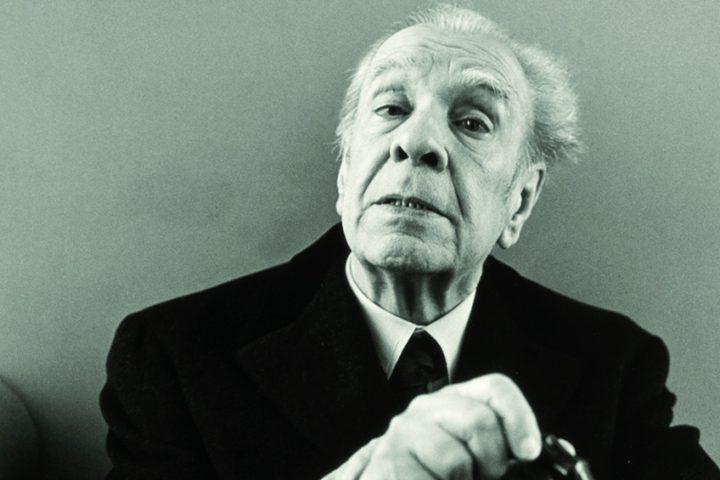Written around 1780, and based on the story of a French nun, who in 1758 launched a legal lawsuit to be exempted from her vows, La Religieuse (also called The Nun or Memoirs of a Nun) is one of those novels that have neither time nor specific age. It tells the story of Susana Simonin, a woman who had to bear the stigma of being the fruit of her mother’s adultery, in the same painful way that so many people face the barriers, often legal, imposed by prejudice and discrimination.

After a relatively happy childhood between an adoptive father who, aware of the deception, decided to safeguard her honor by recognizing her as a legitimate daughter, and a mother who saw in her an uncomfortable reminder of her mistakes, Susana was admitted to a convent at the age of sixteen. The objective: to force her to take the habits, thus avoiding Mr. Simonin from having to share with her the inheritance of the children he believed to be his and allowing the mother to wash away her guilt by sacrificing the girl. At this point, the novel actually begins, the narration of which alternates the hard experiences suffered by Susana as she passed through various religious institutions, with her struggle to return to secular life.
In addition to being a hymn to human dignity and freedom, and showing the importance of both being duly protected by the laws, with this novel Denis Diderot opened to the public the sacred doors of convents, revealing the prevailing corruption in the religious hierarchy as well as the ravages caused by the confinement in the character of those consecrated women, often against their will, in the service of God.
Perhaps for the latter reason, although La Religieuse was never prohibited, it is strange to find it in the summaries prepared by the historians of literature. And this, despite its undeniable literary quality, which is based, above all, on the balance achieved by its author between the psychological depth of the characters, whose inner world is excellently portrayed, and unquestioning realism, even on the sexual level. Let us then disregard the canons, and let Diderot’s passionate pen guide us, through his heroine, with dreams of rationality and justice upon which the enlightened helped to found modernity, dreams moved not by abstract ideals and models of unattainable perfection, but by the desire to build a social order capable of satisfying the most essential desires of each human being.




